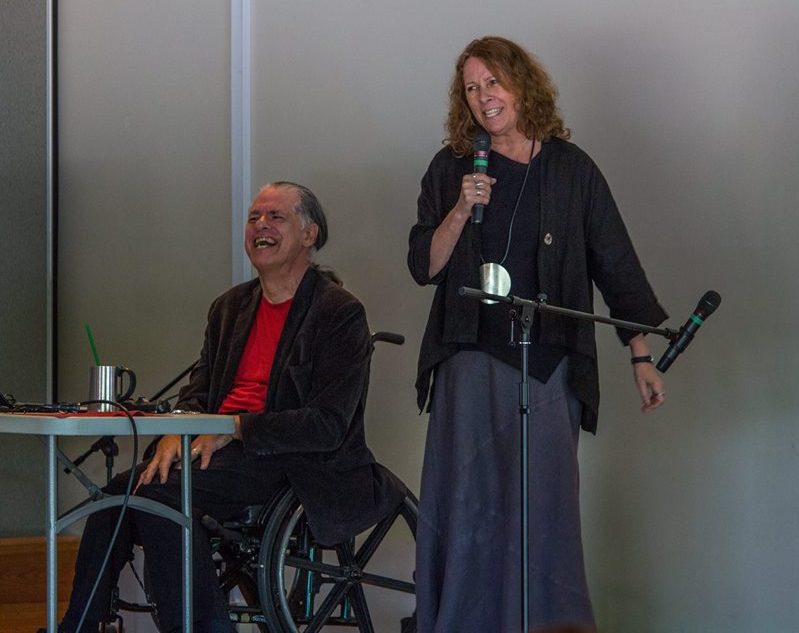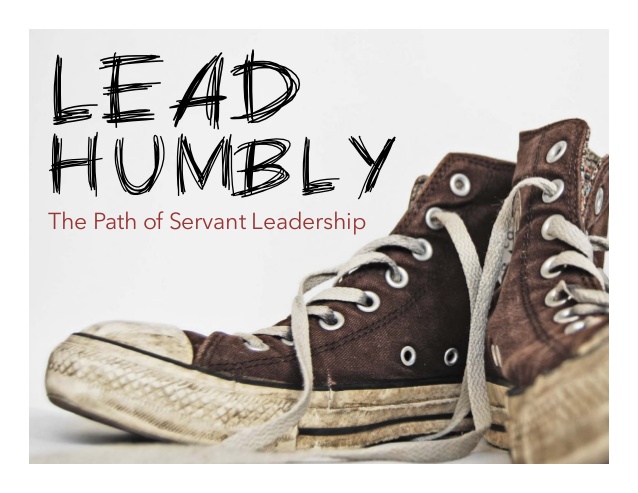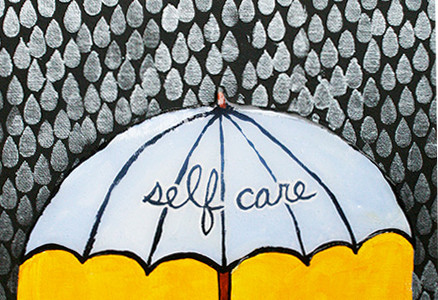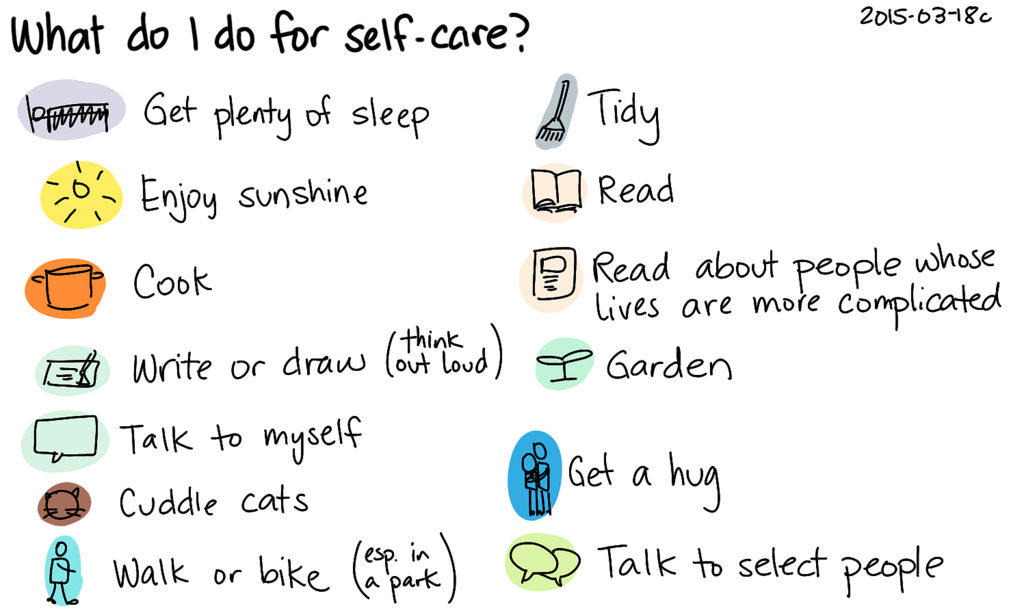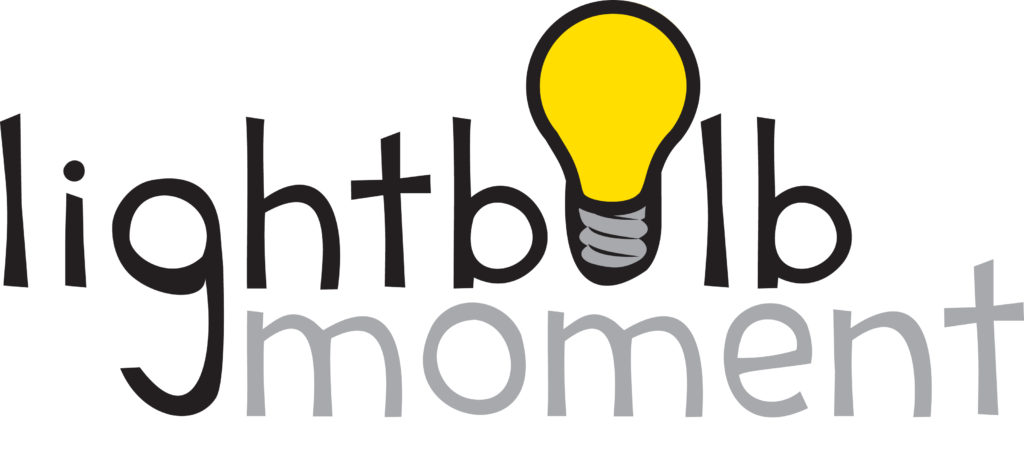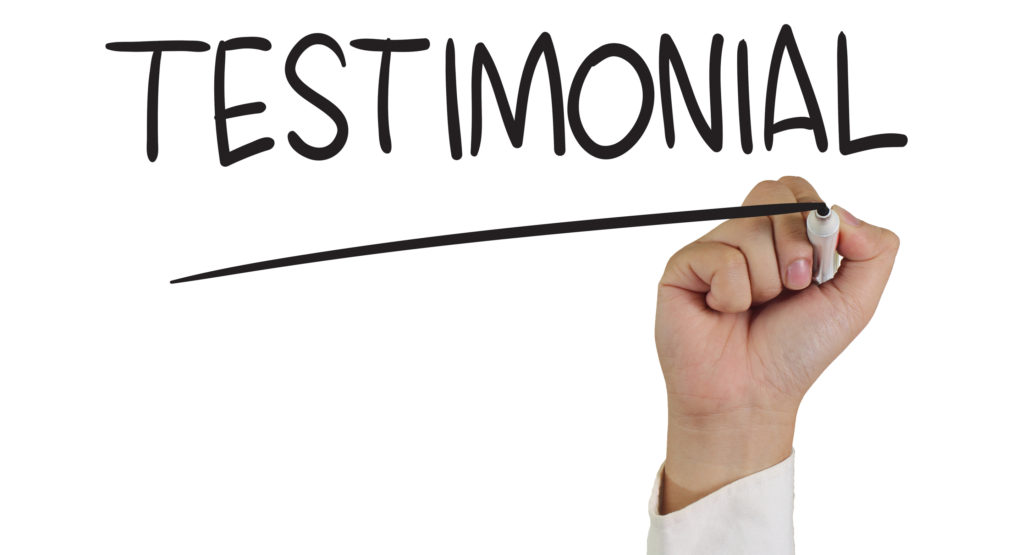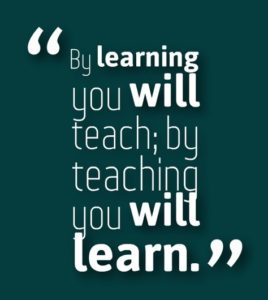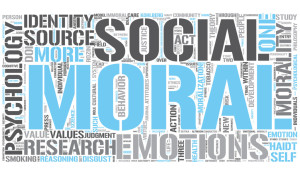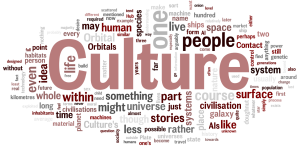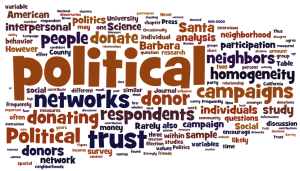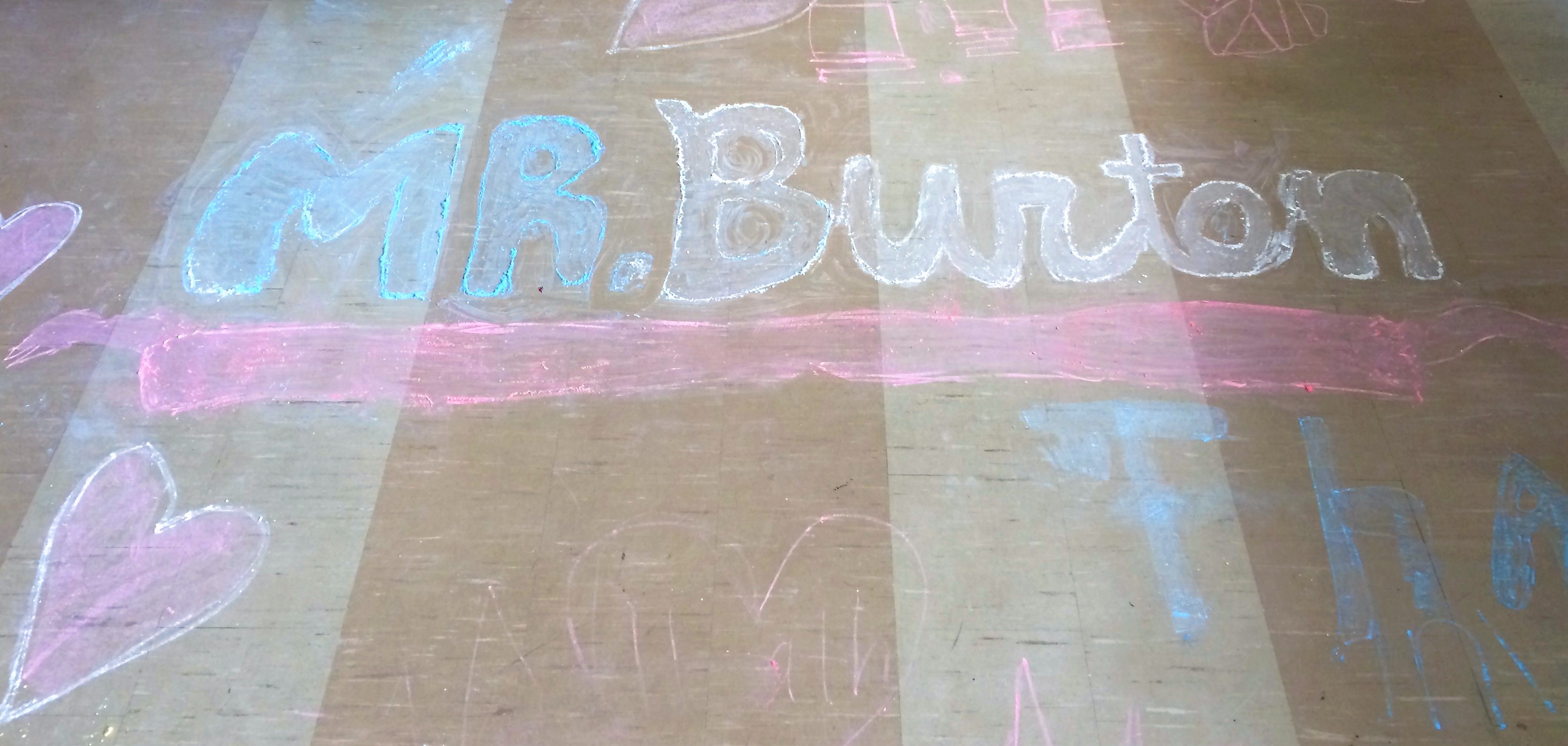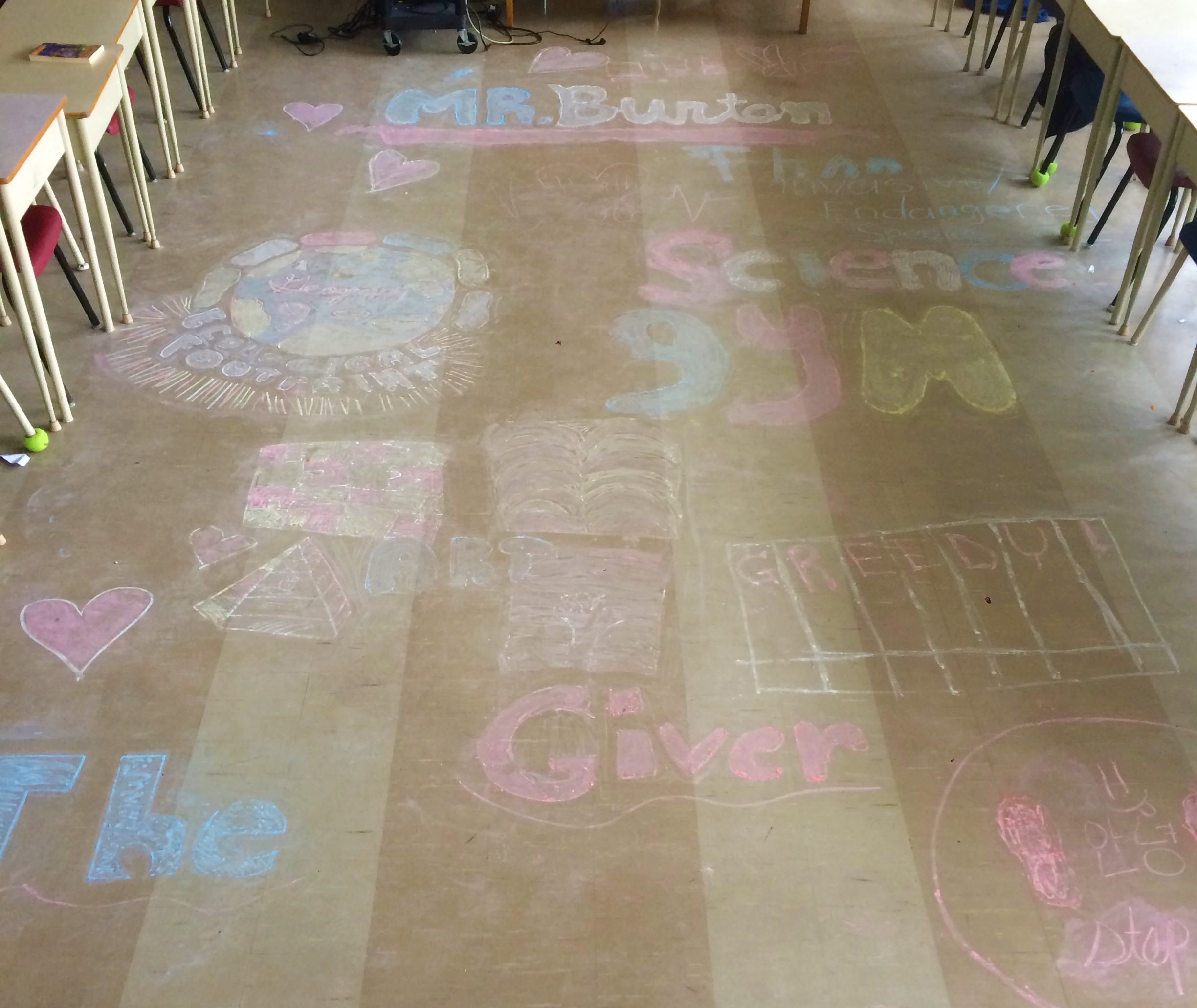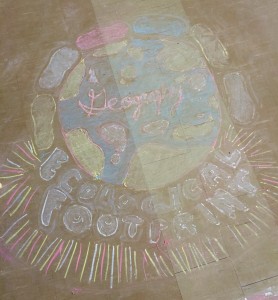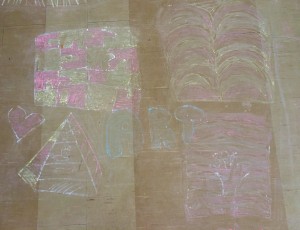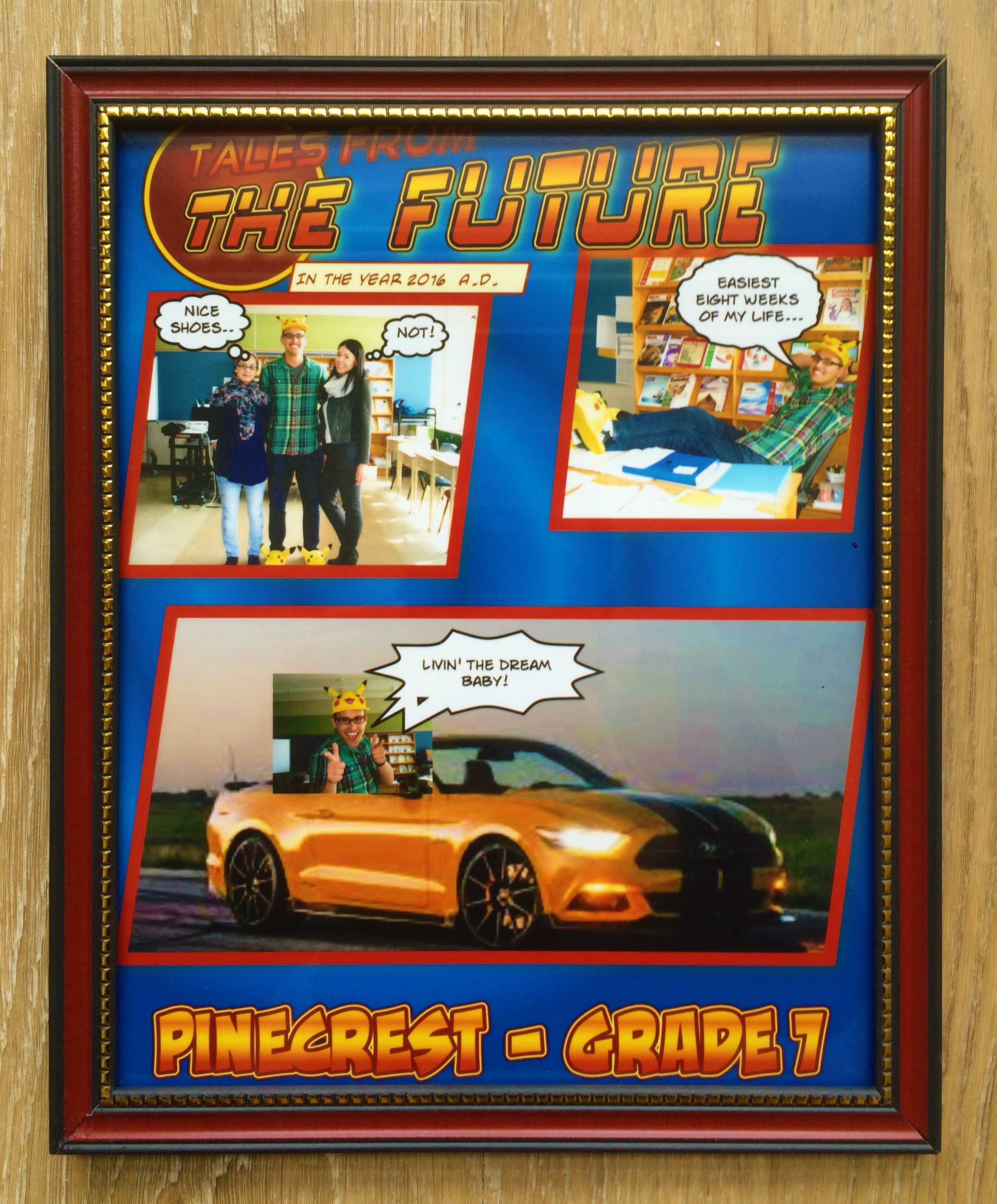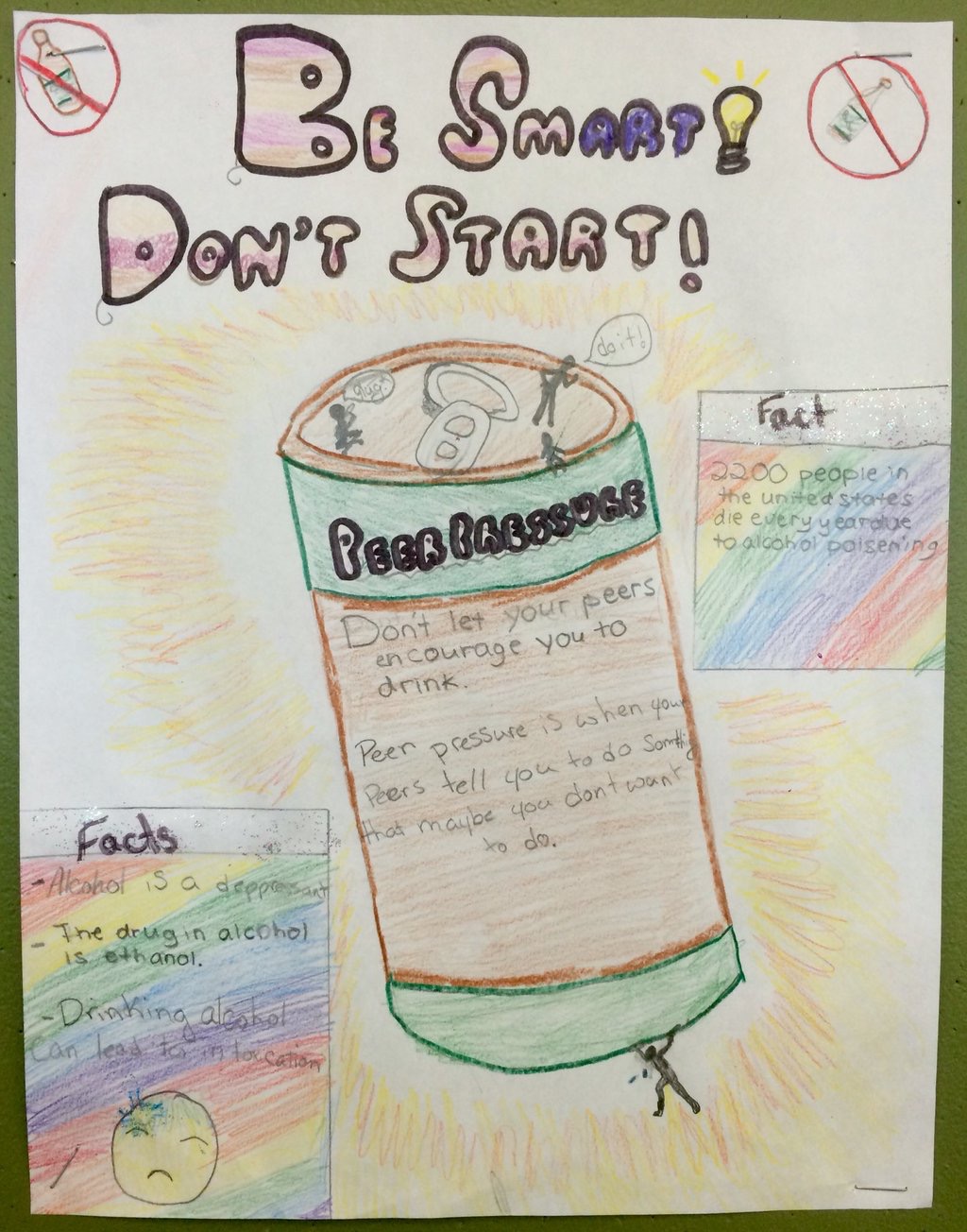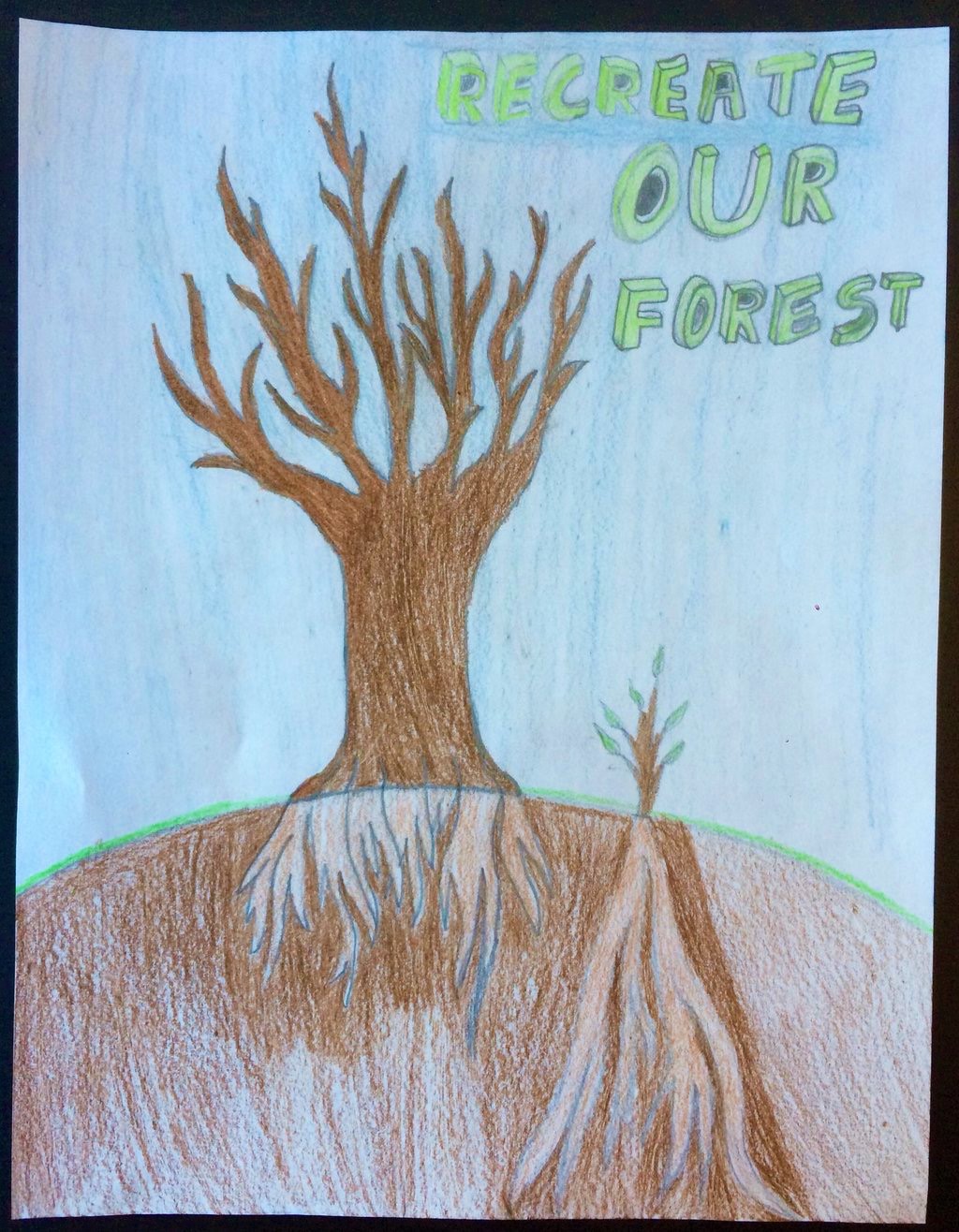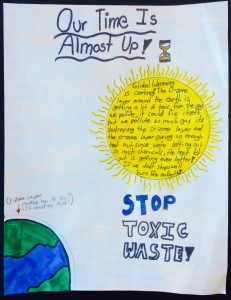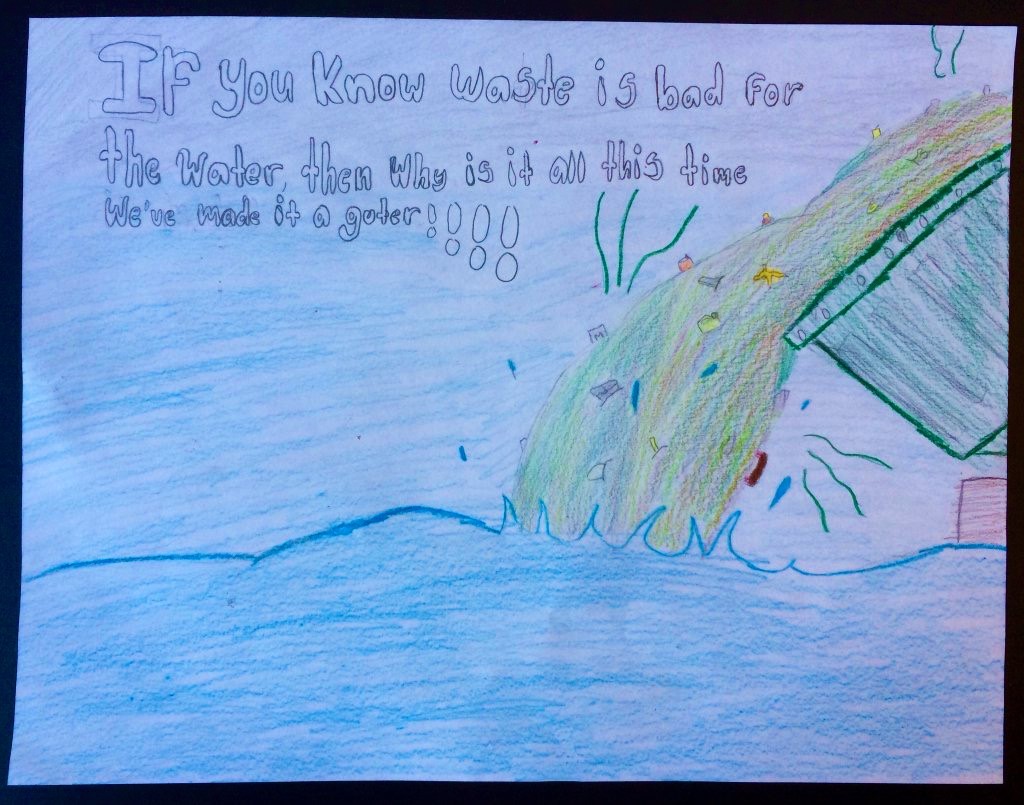SEEDS Conference: A Credo for Support
Dreams are the SEEDS of hope: Nothing ever grows without a seed, and nothing ever changes without a dream.
On Thursday, June 2nd, I attended the 4th annual SEEDS Conference, hosted by Community Living Cambridge. This conference explored emerging evidence-based approaches to providing direct support, focusing on making us the best support providers for those individuals that we work with. With talks from medical professionals and social workers, and a keynote address from Norman Kunc and Emma Van der Klift, the day was full of information, inspiration, and motivation.
The day began with the keynote address from Norman Kunc and his wife Emma Van der Klift. They titled their talk “Being Realistic Isn’t Realistic”. Norman, being someone with a disability, explained how throughout his life he was told to “be realistic”, like when he wanted to get his driver’s license. As a licensed driver today, Norman explained that when we say something is “not realistic”, we are actually changing “I don’t know how to do it” into “it’s impossible”. This stops us from looking for solutions to the challenges we deem “unrealistic”. If at first you don’t succeed, rather than trying the same way again, try another way! This allows us to revert “unrealistic” back into “realistic”.
Norman and Emma continued their talk with a parable about a man who was speaking to a wise man. He says to the wise man, “I feel like there are two dogs inside me. One dog is positive, loving, kind and optimistic and then I have this fearful, pessimistic, angry and negative dog and they fight all the time. I don’t know who is going to win.” The wise man thinks for a moment and responds, “I know who is going to win. The one you feed the most. So feed the positive dog.” By choosing to live a more positive life, despite the situation at hand, we will be enlightened with the possibilities to overcome any challenge.
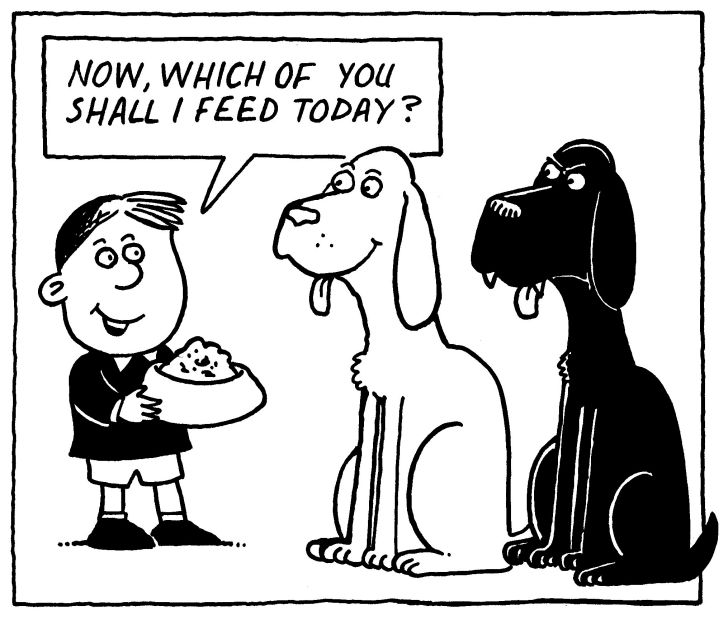
Many individuals in the field of social work have heard Norman and Emma’s Credo for Support. This is a must read for anyone who knows or works with an individual living with a disability.
Throughout history, people with physical and mental disabilities have been abandoned at birth, banished from society, used as court jesters, drowned and burned during The Inquisition, gassed in Nazi Germany, and still continue to be segregated, institutionalized, tortured in the name of behavior management, abused, raped, euthanized, and murdered.
Now, for the first time, people with disabilities are taking their rightful place as fully contributing citizens.
The danger is that we will respond with remediation and benevolence rather than equity and respect. And so, we offer you:
A Credo for Support
Do not see my disability as the problem.
Recognize that my disability is an attribute.Do not see my disability as a deficit.
It is you who see me as deviant and helpless.Do not try to fix me because I am not broken.
Support me. I can make my contribution to the community in my own way.Do not see me as your client.
I am your fellow citizen.See me as your neighbour.
Remember, none of us can be self-sufficient.Do not try to modify my behavior.
Be still & listen. What you define as inappropriate may be my attempt to communicate with you in the only way I can.Do not try to change me, you have no right.
Help me learn what I want to know.Do not hide your uncertainty behind “professional” distance.
Be a person who listens and does not take my struggle away from me by trying to make it all better.Do not use theories and strategies on me.
Be with me. And when we struggle with each other, let that give use to self-reflection.Do not try to control me. I have a right to my power as a person.
What you call non-compliance or manipulation may actually be the only way I can exert some control over my life.Do not teach me to be obedient, submissive and polite.
I need to feel entitled to say No if I am to protect myself.Do not be charitable towards me.
The last thing the world needs is another Jerry Lewis.Do not try to be my friend. I deserve more than that.
Get to know me, we may become friends.Do not help me, even if it does make you feel good.
Ask me if I need your help. Let me show you how you can assist me.Do not admire me.
A desire to live a full life does not warrant adoration. Respect me, for respect presumes equality.Do not tell, correct, and lead.
Listen, support, and follow.Do not work on me.
Work with me!
As we go through life, we must recognize the value and gifts that every person possesses. We are all special, we are all unique, and we are all able to achieve anything we want in life.
